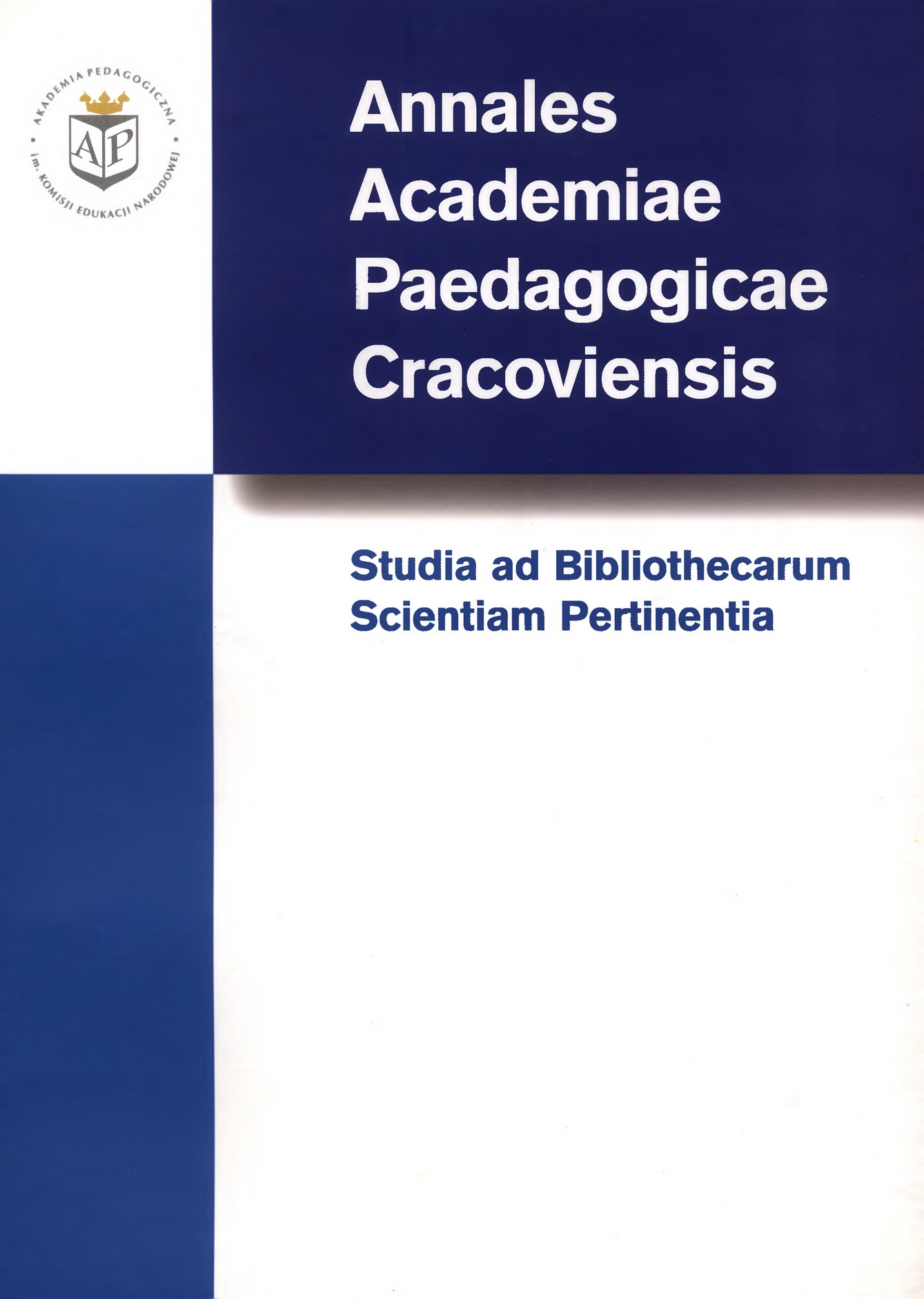Aktywność historyków sensu stricto w działalności katedr Wydziału Filozoficznego Uniwersytetu Lwowskiego (1860–1918)
Słowa kluczowe:
Lwów, historiografia, 19-20 w.Abstrakt
[Activity of the historians sensu stricto in the work of the Chairs of the Philosophical Faculty of the Lviv University (1860-1918)]In the period of the broadly understood “Galician autonomy”, the University of Lviv employed 108 historians sensu stricto and sensu largo, which was 30% of the whole Lviv historian circles. Historians were most numerous in the Faculty of Philosophy (67). In the Faculty of Law there were 27 historians, in the Faculty of Theology - 13, and 2 in the Medical Faculty. Historians working in the Faculty of Philosophy were employed in 31 Chairs. The historians sensu stricto worked in 5 historical Chairs, in which 14 persons were employed: 8 Poles, 3 Ukrainians and 3 Germans. The Head of the Chair of General History was: Heinrich von Zeissberg, since 1871 - Ksawery Liske (the founder of the Lviv didactic historical school), and his follower since 1891 - Bronisław Dembiński. The Chair of Austrian History was first headed by Robert Rösler, then since 1871 Isydor Szaraniewicz, and then since 1899 - Ludwik Finkel. The Polish History Chair, established in 1883 was run by Tadeusz Wojciechowski, and since 1907 - Stanisław Zakrzewski. In 1894 the Second General History Chair, including the Eastern European history, was created; its lecture language was Ruthenian, and it was headed by Myhajło Hruszewski. The Chair of the New History of Poland, established in 1902, was directed by Szymon Askenazy. Four of the above-mentioned professors: K. Liske, S. Askenazy, L. Finkel and M. Hruszewski educated a splendid team of disciples, who develop their historiographic ideas and contributed significantly to the development of Polish and Ukrainian historiography. The Chair Heads frequently enabled their seminar students to publish their works in the scientific journals or historical series (K. Liske, S. Askenazy, M. Hruszewski). Lecturers from the historical Chairs made considerable contribution to the development of historical education, mainly in Lviv and other Galician towns, especially in the eastern parts, as most of the history teachers in the region were graduates from the University’s History Chairs
Pobrania
Opublikowane
2010-12-20
Jak cytować
Toczek, A. (2010). Aktywność historyków sensu stricto w działalności katedr Wydziału Filozoficznego Uniwersytetu Lwowskiego (1860–1918). AUPC Studia Ad Bibliothecarum Scientiam Pertinentia, 8, 15–28. Pobrano z https://sbsp.uken.krakow.pl/article/view/779
Numer
Dział
Artykuły / Articles

